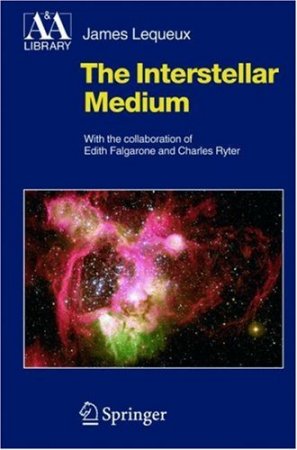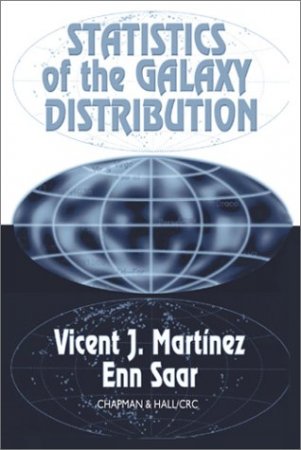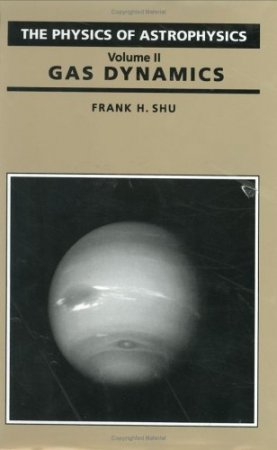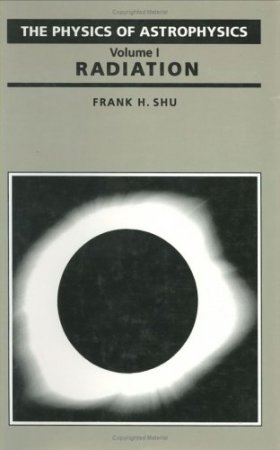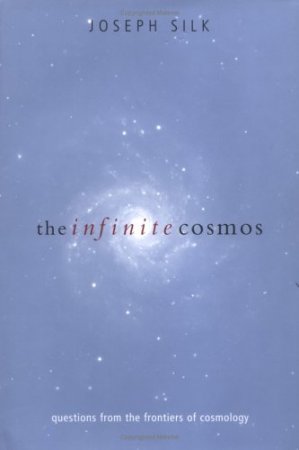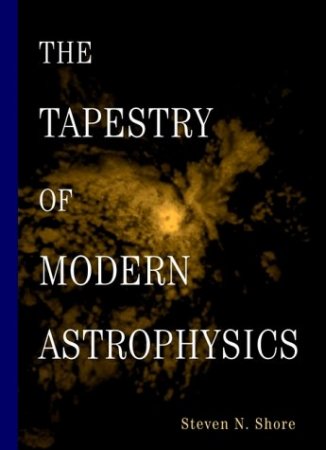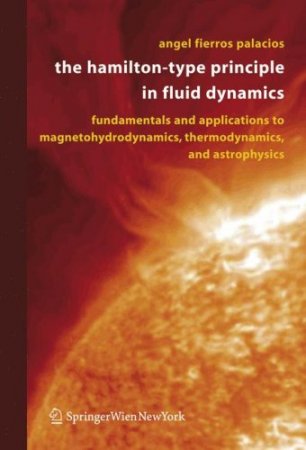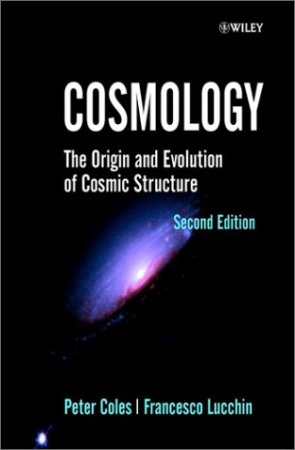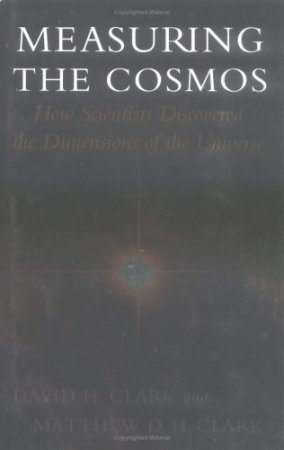НавигацияАрхив новостейСтатистика |
The Interstellar MediumDescribing interstellar matter in our galaxy in all of its various forms, this book also considers the physical and chemical processes that are occurring within this matter. The first seven chapters present the various components making up the interstellar matter and detail the ways that we are able to study them. The following seven chapters are devoted to the physical, chemical and dynamical processes that control the behaviour of interstellar matter. These include the instabilities and cloud collapse processes that lead to the formation of stars. The last chapter summarizes the transformations that can occur between the different phases of the interstellar medium. Emphasizing methods over results, The Interstellar Medium is written for graduate students, for young astronomers, and also for any researchers who have developed an interest in the interstellar medium. Statistics of the Galaxy DistributionIn the last decade, statisticians have developed a set of new statistical tools and approaches for the field of spatial point processes. At the same time, observational efforts have provided a huge amount of new cosmological data to be analyzed. For the first time in book form and within a single volume, this text presents the state-of-the-art in the use of statistics in cosmology. After reviewing the standard model of the universe and our current knowledge of its structure, the authors focus on extracting a detailed statistical description of the distribution of galaxies and how this description relates to major cosmological questions. The Physics of Astrophysics Volume II: Gas DynamicsThis two-volume text is for new graduates on astronomy courses who need to get to grips with the physics involved in the subject. Four problem sets, averaging three problems per set, accompany each volume. The problems expand on the material covered in the texts and represent the level of calculational skill needed to write scientific papers in contemporary astrophysics. Volume I. "Radiation" deals with the emission, absorption, and scattering of radiation by matter, radiative transfer, statistical physics, classical electrodynamics, and atomic and molecular structure. Volume II. "Gas Dynamics", is a self-contained textbook. It can be used as the text for a one semester course on the interactions of matter and radiation and electromagnetic fields of macroscopic scale in both the strongly collisionil and collisionless regimes. It covers single-fluid shocks, and fronts; mapetohydrodynamics and plasma physics, their applications to self-graviting spherical masses, accretion disks, spiral density waves, star formation, and dynamo theory. Over 200 photos, line drawings, and tables amplify the major points of the text. The Physics of Astrophysics Volume I: RadiationPresented in two volumes, The Physics of Astrophysics is ideally suited for a year-long astrophysics course for university seniors and first-year graduate students. The first volume deals with the emission, absorption, and scattering of radiation by matter, as well as covering related topics such as radiative transfer, statistical physics, classical electrodynamics, and atomic and molecular structure. The Infinite Cosmos: Questions from the Frontiers of CosmologyThis excellent text offers comprehensive treatment of the light-scattering properties of small, independent particles, covering both basic scattering theory and particular computations with different kinds of particles. It includes a full range of useful approximation methods for researchers in chemistry, meteorology, and astronomy. Light Scattering by Small ParticlesThis excellent text offers comprehensive treatment of the light-scattering properties of small, independent particles, covering both basic scattering theory and particular computations with different kinds of particles. It includes a full range of useful approximation methods for researchers in chemistry, meteorology, and astronomy. The Hamilton-Type Principle in Fluid Dynamics: Fundamentals and Applications to MagnetohydrodynamicsThe contents of this book in its English edition summarizes the basic re-search work accomplished by the author on the field of Fluid Dynamics, Magnetohydrodynaics (MHD), Classical Thermodynamics, and Astrophy-sics. Besides, it contains a section attached to each chapter with the title of Selected Topics. In these sections fine theoretical points are cleared up and a large number of illustrative problems are solved. This way the idea is to have readers who use this book as a text book as well as a research monography addressed to all those who study Theoretical Physics and who are interested in the analytical treatment of perfect and real fluids, as much as in the dynamic state of fluids electrically charged which flow in regions where there is a magnetic field, and also fluids at rest proper of Classical Thermodynamics. With this material we wish to facilitate the access to fundamental aspects of Fluid Dynamics, MHD, and Thermodynamics, and the application of these disciplines to Astrophysics. It is assumed that the reader is aqcuainted with Maxwell′s equations of Classical Electrodyna-mics, those of Hydrodynamics balance equations, and the fundamental postulates of Thermodynamics. A reasonable handling of the calculus of variations and the tensorial notation is required, as well as knowledge of the principles and methodology of Lagrange′s Analytical Mechanics. In general terms and from the view point of the required mathematics, the book is self-contained in the sense in which everything that is needed is clearly stated within the text. Cosmology: The Origin and Evolution of Cosmic Structure, 2nd EditionThis is the 2nd edition of a highly successful title on this fascinating and complex subject. Concentrating primarily on the theory behind the origin and the evolution of the universe, and where appropriate relating it to observation, the new features of the this addition include: * An overall introduction to the book * Two new chapters: Gravitational Lensing and Gravitational Waves * Each part has a collection of exercises with solutions to numerical parts at the end of the book * Contains a table of physical constants * The addition of a consolidated bibilographyssful title on this fascinating and complex subject. Enjoy this great book! Measuring the Cosmos: How Scientists Discovered the Dimensions of the UniverseHumans have always viewed the heavens with wonder and awe. The skies have inspired reflection on the vastness of space, the wonder of creation, and humankind's role in the universe. In just over one hundred years, science has moved from almost total ignorance about the actual distances to the stars and Earth's place in the Galaxy to our present knowledge about the enormous size, mass, and age of the universe. We are reaching the limits of observation, and therefore the limits of human understanding. Beyond lies only our imagination, seeded by the theories of physics. |
ПопулярноеКалендарь
ОпросОцените дизайн сайта
Немного рекламы |
||||||||||||||||||||||||||||||||||||||||||||||||||||||||
